Cost of Sedation Dentistry and How it Works
Seeking clarity on the cost of sedation dentistry? Look no further. With prices ranging broadly from $100 to $1,000+, it’s crucial to understand what goes into these figures. This guide walks you through the different types of sedation, procedural complexities, and the influence of your location, while also unpacking the often-confusing aspects of insurance coverage. What you really need to know is how much dental sedation costs with insurance or the out-of-pocket expenses. Get ready for an enlightening journey into the economics of easing your dental anxiety.

Sedation Dentistry Costs
Sedation dentistry can be expensive but the actual cost depends on the level of sedation and how many dental appointments are necessary. Dental sedation is charged by the amount of time. The fee for full IV sedation is $500 to $1000 per hour. And there is a $150-$250 per 15 minute increment after the first hour. The patient is charged only for the time they are actually put to sleep. Sometimes the price of the dental work will be lowered and it will more than offset the additional sedation charges. Some procedures include the sedation such as Full Mouth Dental Implants.
When a patient sleeps comfortably through procedures verses stressing out the entire time, it is easier on the patient. Dental work can be completed faster and more effectively under sedation. We typically see less pain, swelling, better treatment outcomes and a faster recovery period.
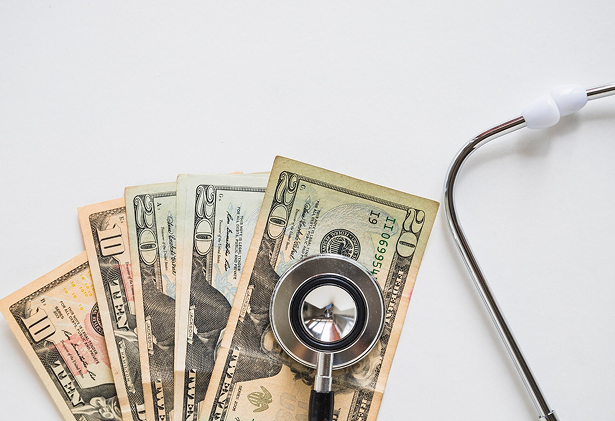
What to Expect with Sedation Dentistry Video
Meet Dr. Adams
Dr. Adams is our sedation dentist. He will meet with you personally to determine what level of sedation you need. He will see whether you need twilight anesthesia or full IV sedation. Dr Adams is one of few dentists in the Washington-Baltimore area who sedates people for regular dental work as well. We offer a full range of services ranging from filling cavities and replacing a full set of teeth with dental implants. “It is amazing how well people do and how well they heal when they are calm and comfortable throughout their dental procedure.” Contact us today for a no cost sedation dentistry consultation.

IV sedation for longer appointments and deeper sedation
For longer appointments and in cases where the patient is very scared, IV sedation is the best technique. IV sedation requires a lot more expertise, but it is more safe and has many advantages over oral. IV sedation is much more regulated and requires a higher level of training. It also requires a site license and a clinical license through the State of Maryland. IV sedation is the most expensive form of sedation dentistry. The higher costs are due the increased expenses associated with sedation training, credentialing and additional equipment expenses and licensing fees.

Nitrous Oxide and Dental Gas Sedation Costs:
Nitrous Oxide is also called laughing gas. They are both forms of “twilight sedation.” Twilight can be used in cases where there is mild to moderate dental anxiety. The cost of nitrous oxide is usually $150-$200 for the first hour and $25 – $50 per 15 minute increment thereafter. Nitrous is ideal for shorter appointments where people are somewhat anxious. Laughing gas sets in quickly and wears off quickly with no “hang-over” effect. In fact the gas wears off so quickly that recovery is complete within 15-20 minutes. The risks of nitrous oxide complications are very and it is very safe, convenient and inexpensive. One nice feature of nitrous is that is does not require a patient to avoid eating and drinking before their appointment. And the patient can even drive themselves home after their appointment.
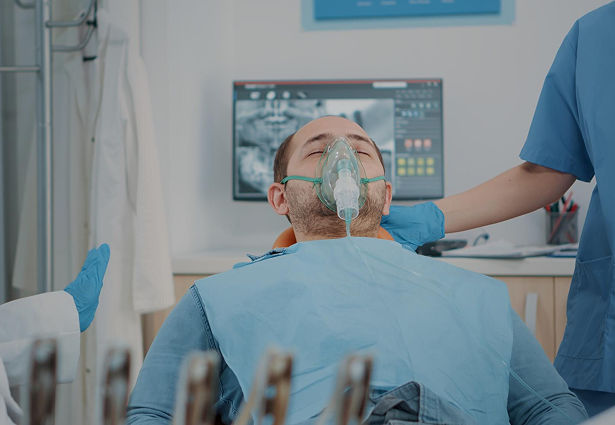
Oral Sedation Costs
The costs of oral sedation is $500 per hour. Most patients in our office do not opt for oral sedation because it is nearly as expensive as full IV sedation. And IV sedation is more predictable and safer than oral. Oral sedatives are much more difficult to reverse without an IV in place for quick administration of reversal drugs.

Lots of dental work can be done in one sedation dentistry appointment
With complex dentistry and IV sedation, many dental appointments can be combined into one. Literally what may ordinarily take 10 appointments can be accomplished in one or two appointments with intravenous sedatives. Full sedation for more advanced cases may cost less money and time because a large cases can be done in much fewer appointments, resulting in a better patient experience and reduced sedation fees and time. Dr. Adams will usually adjust the fee lower for all the dental work since it is easier to do under sedation also. Usually the true price for dental sedation is less than you think when all things are considered.

Costs of different types of dental sedation
The cost of intravenous sedation is a lot higher than laughing gas sedation. The price for full IV sedation dentistry can be between $300 – $1000 depending on how long the sedation dentist takes to perform the procedures. Often times when complex dental treatment is done and the price of the dental procedures are high, the fees for sedation may be included in the fees of the case or offset by a reduction in the fees for the dental work. For example, if a patient needs 5 implants and 10 extractions, the price of the case is already thousands of dollars and the doctor may not charge extra for the IV anesthesia. Or the dentist may charge less per implant because he is doing several at once.

How much is General Anesthesia for Dentistry?
General Sedation is very rarely needed for dental work. General anesthesia is also not very practical in dentistry since it is necessary to maintain an airway for the patient. Often times, airways are done with tubes and a patient with a tube down there throat cannot get dental work since the tube is in the way of working on the teeth. All this being, said, general intravenous dentistry has been done and the fee is usually $1200 per hour plus. General dental sedation is usually done in a hospital setting by a team of dentist and anesthesiologist.
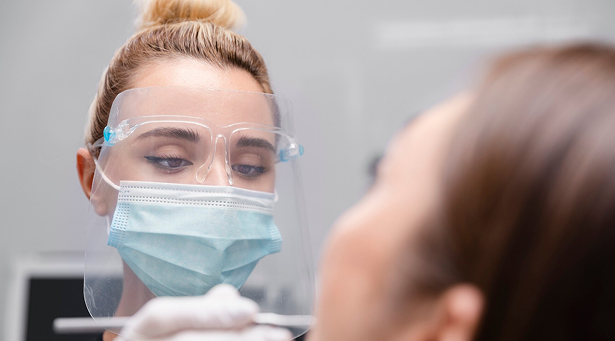
Important Points about the Costs of Sedation Dentistry
- Sedation dentistry costs can range from $100 to $1,000, influenced by the sedation type, procedure complexity, and geographic location, with various options available to manage patient anxiety and dentist expertise requirements.
- Dental insurance coverage for sedation is not guaranteed and varies by plan; patients should discuss with their insurers the extent of coverage for the type of sedation needed and any restrictions on visits.
- Sedation dentistry may be worth the investment for a stress-free dental experience, especially for those with dental anxiety or undergoing complex procedures, with financing and payment plans available to mitigate costs.
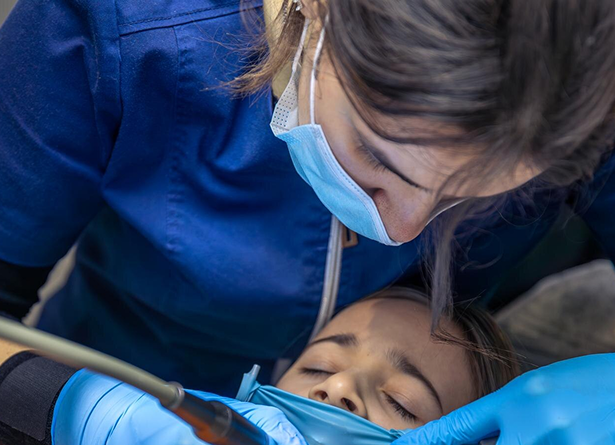
Exploring Sedation Dentistry Costs
Entering the field of sedation dentistry, one is immediately faced with a variety of costs that can fluctuate as much as the anxiety levels they’re intended to soothe. Whether you’re in for a quick polish or a more extensive procedure, the sedation dentistry cost can vary significantly, typically swinging between $100 to a steep $1,000. As we peek behind the curtain of these numbers, we’ll explore how much does sedation dentistry, the type of sedation, the dental procedure’s complexity, and even geographic location play pivotal roles in the final tally.
Comprehending the costs associated with sedation dentistry is like solving a puzzle where each piece contributes to the overall image. From the initial consultation to the last follow-up, each step carries its own set of variables. Sedation methods range from light to deep, and each comes with its own price tag, intricately linked to the dental treatment’s duration and the expertise required. We’ll delve into these factors in detail to see how they unite to determine the cost of your dental sedation.
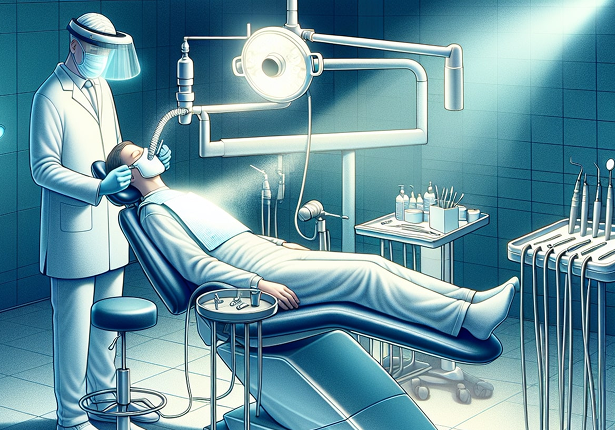
Costs of different types of dental sedation
Entering the domain of sedation dentistry reveals a range of sedation techniques, each designed to align with the patient’s anxiety level and the specific dental procedure. The lightest touch in this array is nitrous oxide sedation, a breath of mild relaxation that can lighten your wallet by a mere $150-$225 for the initial hour, with subsequent quarter-hour increments priced at $25 to $50. This modest cost provides a calming relief that makes dental care more comfortable.
On the other end of the spectrum, there are different options for sedation during medical procedures, each with its own cost:
- Intravenous (IV) sedation and general anesthesia offer a deeper level of sedation, but they come with a higher price tag.
- Oral conscious sedation, which uses oral sedatives like Valium, provides a middle ground in terms of cost, ranging from $200 to $300 for a heightened sense of calm.
- IV sedation typically requires a more significant investment, ranging from $500 to $1000 per visit.
- General anesthesia can be the most expensive option, with costs reaching up to $1200 per hour. However, longer procedures might attract a discount.
Each option is a key player in the sedation dentistry cost comparison, and choosing between them depends on balancing personal comfort with financial considerations.
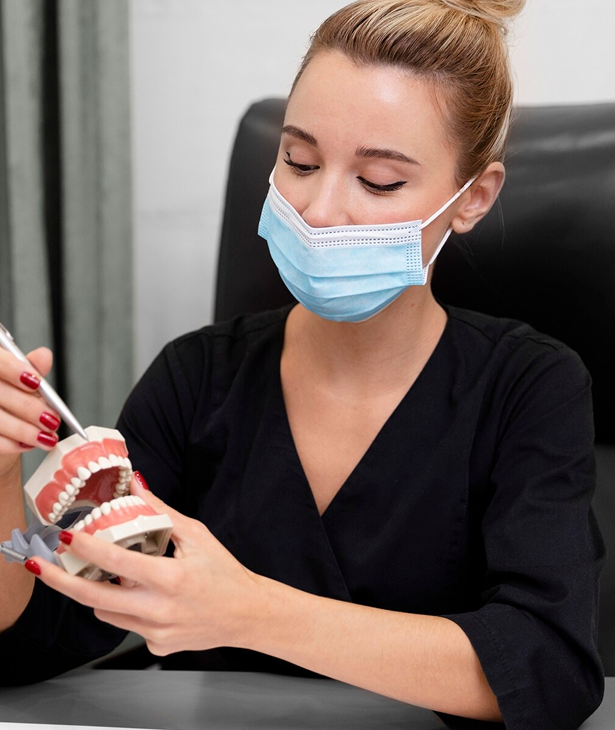
Factors That Influence Sedation Dentistry Pricing
Understanding the complexities of sedation dentistry pricing necessitates a detailed examination of various factors that shape the final expenses. The complexity of the dental procedure itself is a major influencer, as more sophisticated treatments necessitate higher levels or longer durations of sedation. This can range from a simple cavity filling to extensive dental work that demands a more profound level of patient relaxation.
Another key aspect in determining the cost is the degree of sedation needed. This is determined not just by the duration of the dental treatment but also by the chosen sedation method—a decision often influenced by individual dental health needs. For each patient, these needs vary, dictating the extent to which sedation is necessary and the expertise the dentist must bring to the table.
All these layers combine to form a unique pricing structure for each patient’s journey towards a pain-free dental experience.
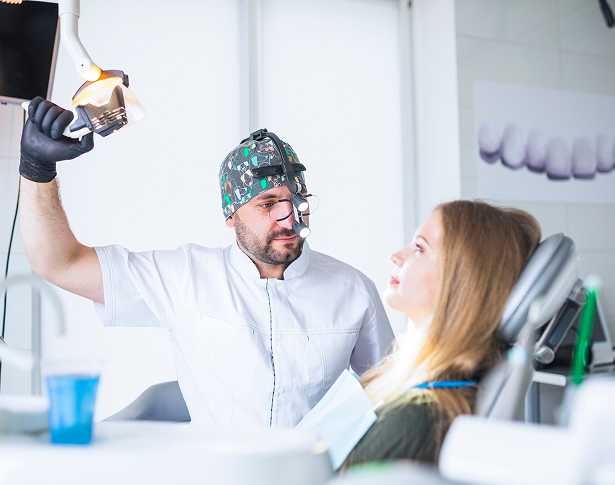
Insurance Coverage and Sedation Dentistry
The financial landscape of sedation dentistry is further complicated by the role of dental insurance. Coverage for sedation can be a mixed bag, with some plans generously covering a portion of the costs, often when the procedure is deemed medically necessary. The type of sedation—be it less invasive methods like nitrous oxide or more complex options like IV sedation—also factors into what insurance might cover.
Deciphering the complexities of insurance coverage demands active involvement: patients are advised to discuss with their insurance provider to understand the coverage extent for sedation dentistry expenses. Restrictions on the type of sedation, as well as limitations on the number of visits covered, can vary significantly, making it essential to clarify these details upfront.
With a clear understanding of one’s policy, managing the financial aspect of achieving dental peace becomes a more navigable endeavor.

Deep Dive into Types of Sedation Dentistry
Delving further, the various forms of sedation dentistry reveal a spectrum that caters to differing levels of dental anxiety. From the gentle caress of nitrous oxide to the more profound effects of intravenous (IV) sedation, there’s a tailored approach for every level of comfort needed during dental procedures. It’s a realm where patient-centric care meets precision medicine, ensuring that every individual’s experience is as stress-free as possible.
The four sedation methods—laughing gas for mild anxiety, oral sedatives for moderate effect, IV sedation for controlled sedation, and general anesthesia for complete unconsciousness—portray a hierarchy of relaxation that patients can choose from based on their needs. Each rung on this ladder comes with its own set of considerations, costs, and comforts to weigh. Let’s explore these options in detail, to understand how each contributes to the serenity of a dental visit.
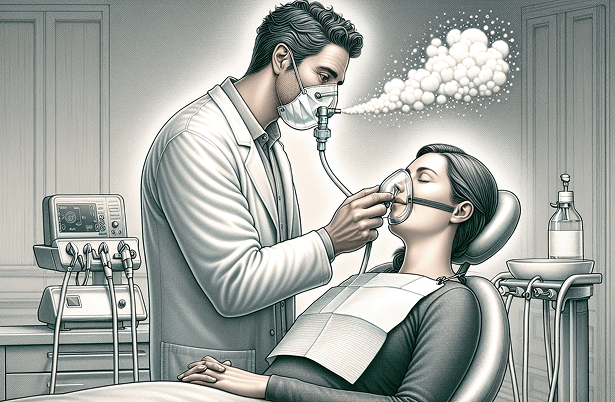
Laughing Gas: A Breath of Affordable Care
In the gentle embrace of sedation dentistry options, nitrous oxide stands out as the most approachable both in effect and in cost. Commonly referred to as laughing gas, it’s a welcoming first step for those dipping their toes into dental sedation, with an approximate cost of $75 to $125 per hour. This mild sedative is celebrated for its quick onset and equally swift recovery time, allowing patients to drift into a relaxed state and then back to reality, often within minutes.
The allure of nitrous oxide lies in its simplicity and safety. Patients can breathe it in, feel the tension melt away, and, because recovery is so quick—usually within 15-20 minutes—they can even drive themselves home after the appointment. It’s an affordable, convenient option that can turn a potentially stressful dental visit into a comfortable, even enjoyable, experience.
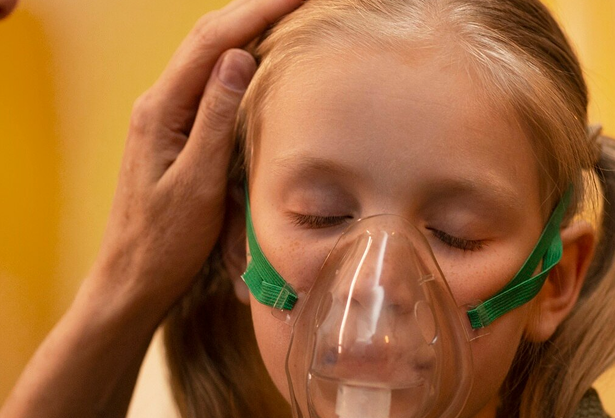
Oral Conscious Sedation: Swallowing the Cost
Climbing the ladder of sedation options, we encounter oral conscious sedation. This method employs a sedative pill taken roughly an hour before the dental procedure, often leading to such relaxation that patients may even doze off during their treatment. The medications used, such as triazolam or lorazepam, are potent enough to create a sense of drowsiness and ease without rendering patients completely unconscious. With a cost hovering around $500 per hour, it’s a step up in both the level of sedation and the investment required.
Oral conscious sedation, also known as oral sedation, represents a middle ground, offering a deeper calm than laughing gas without the complexity of IV sedation. It’s a preferred choice for those who need a bit more than a nudge to overcome their dental anxiety, yet the cost can be a significant factor. Nevertheless, for many, the prospect of a stress-free dental procedure makes this option worth considering.

Intravenous (IV) Sedation: Investing in Deeper Calm
For those seeking the deepest form of conscious sedation, IV sedation stands as the pinnacle. This method involves administering sedative medication directly into the bloodstream, providing an immediate and profound sense of relaxation. Patients often find themselves in a dreamlike state, with minimal memory of the procedure once they awaken, as their vital signs are continuously monitored for safety. While this deep sedation offers an unparalleled level of calm, it comes with a price tag reflecting its intensity—typically ranging from $500 to $1,000 per hour.
IV sedation is particularly beneficial for those undergoing extensive dental procedures or who have severe dental phobia. It allows for a controlled and adjustable sedation level, making it an excellent choice for ensuring patient comfort and cooperation. As the most expensive option in sedation dentistry, it’s an investment in serenity, allowing patients to remain calm and relaxed throughout even the most complex dental work.

Financing Your Peace of Mind: Payment Options for Sedation
While the peace offered by sedation dentistry can be priceless, the related costs may pose a financial hurdle. Fortunately, a variety of payment options exist to help manage these expenses, ensuring that peace of mind remains within reach for those in need of sedative care during dental procedures. Whether via in-house payment plans or third-party financing, patients have options to distribute the financial load over time, thus making sedation a reachable part of dental care.
Dental practices often provide flexible payment plans, allowing the cost to be broken into manageable installments. Additionally, services like Lending Club Patient Solutions and CareCredit offer fixed-rate monthly payments, providing patients with alternative means to finance their sedation needs. It’s important for patients to thoroughly review the terms and ensure the chosen plan aligns with their budget and treatment requirements. With these financing options, the path to a stress-free dental visit becomes clearer and more feasible.

Is Sedation Dentistry Worth the Cost?
The question of whether the cost of sedation dentistry is justified resonates strongly with anyone who has experienced dental anxiety. The relief from discomfort and the reduction of pain sensation during dental procedures are compelling reasons to consider sedation. Moreover, for complex dental treatments, IV sedation can consolidate multiple visits into fewer, more productive sessions, potentially reducing the overall costs of dental care in the long term.
The advantages of sedation dentistry include:
- A relaxed and stress-free experience
- Particularly crucial for those with dental phobia
- Enhancing the quality of dental treatment received
- Avoiding dental care due to anxiety
- Serene and efficient procedure
- Investment in oral health and mental well-being
Sedation dentistry, often involving a dental anesthesiologist, is a worthwhile consideration for many patients seeking sleep dentistry options.

Finding the Right Dental Practice for Sedation
Selecting the appropriate dental practice for sedation is crucial in guaranteeing a positive experience. A well-informed choice begins with seeking personal recommendations, reading online reviews, and verifying the practitioner’s credentials and qualifications. This research lays the groundwork for selecting a dental office that aligns with your needs and expectations, particularly when it comes to the provision of sedative care.
It is also wise to schedule a consultation to discuss the available sedation methods and gauge your level of comfort with the practice. A consultation offers the opportunity to:
- Establish clear communication, including a predefined stop signal, which can be crucial during the actual procedure.
- Select a dentist who takes the time to understand your concerns and past dental experiences.
- Enhance the quality of care you receive, ensuring a comfortable and reassuring sedation dentistry experience.
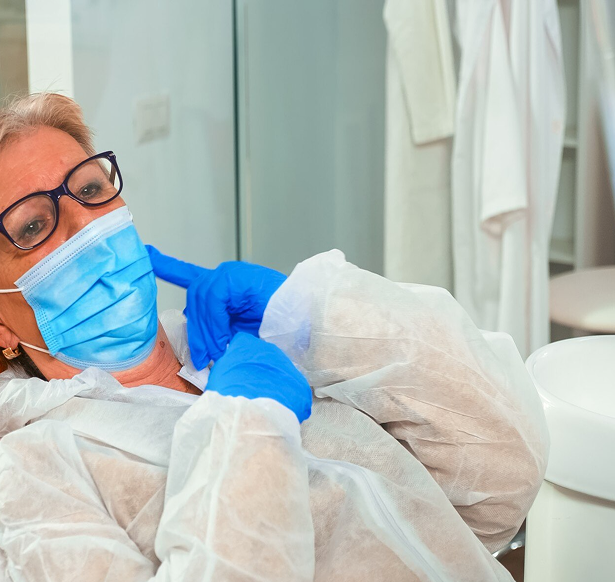
Navigating Dental Anxiety with Sedation Options
For individuals troubled by dental anxiety or phobia, sedation dentistry can provide a ray of hope, lighting the way to a more relaxed and streamlined dental visit. Sedation allows patients to overcome the paralyzing fear that often leads to delayed or avoided dental appointments. With the aid of sedation, visits become more productive, as patients are more cooperative and able to follow the dentist’s instructions without the constant interruption of anxiety.
Sedation also addresses physical discomfort, such as a sensitive gag reflex, ensuring a smoother overall dental treatment experience. Open communication with your dentist about your fears and medical history can lead to the identification of the most suitable sedation option for your needs, further customizing your dental care journey.
With the right sedation, dental visits can transform from a source of dread to a pain-free, even pleasant, part of maintaining one’s health during a dental appointment.
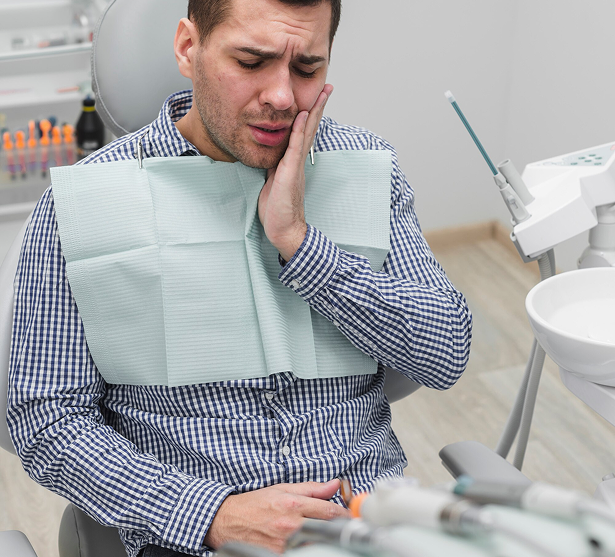
Benefits of Sedation for Complex Procedures
Sedation dentistry is particularly effective when dealing with complex dental procedures. It not only enhances patient cooperation but also allows dentists to perform with greater precision and efficiency. For those in need of extensive dental work, IV sedation can be a game-changer, offering controlled and adjustable levels of sedation that ensure comfort throughout the procedure. This, in turn, can lead to fewer appointments and an overall more efficient treatment plan.
Moreover, the ability to undergo multiple procedures in one session under sedation can significantly reduce the anxiety and discomfort typically associated with complex dental work. Patients emerge from treatment with a sense of relief and renewal, often surprised at how much has been accomplished with minimal distress. The benefits of sedation in these cases are clear: it enables a higher standard of care and a more positive dental experience, making it a valuable resource for both patients and practitioners alike.
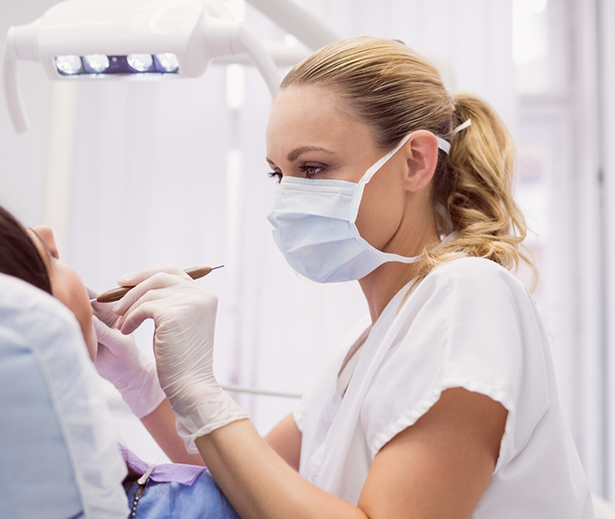
Summary
As we conclude our exploration of sedation dentistry, it’s clear that the costs, types, and financing options weave a complex tapestry that requires careful consideration. From the mild sedation provided by laughing gas to the profound relaxation offered by IV sedation, there is a sedation option to suit every level of dental anxiety and procedure complexity. With the knowledge of costs, types, and payment options, you’re now equipped to make informed decisions about your dental care.
The journey towards a stress-free dental visit can be smooth with the right preparation and understanding of sedation dentistry. It’s an investment in your comfort and well-being that can transform the daunting prospect of dental work into a manageable, even pleasant, experience. May this guide serve as your compass, steering you toward a future where dental care is synonymous with tranquility.

Frequently Asked Questions
Sedation dentistry costs can range significantly, with prices between $100 to $1,000, depending on factors such as the sedation method, length of the procedure, and location of the dental office. The prices for specific sedation methods can vary, for example, nitrous oxide may cost $100 to $150 for the first hour, while IV sedation can range from $500 to $1,000 per hour.
Coverage for sedation dentistry varies depending on your insurance plan. It’s important to check with your provider to understand the extent of your coverage and any restrictions that may apply.
Nitrous oxide, also known as laughing gas, is the most affordable option for sedation dentistry, priced at around $150 to $200 per hour. It is a mild sedation method that effectively manages dental anxiety while being easier on the wallet.
It depends on the type of sedation you receive. With nitrous oxide, you can typically drive yourself home after the procedure as the effects wear off within 15-20 minutes. However, for oral conscious sedation and IV sedation, you will likely need someone to drive you due to the stronger sedatives used, which can leave you groggy for a longer period.
Yes, sedation dentistry is considered safe when administered by a qualified dental professional. It’s important to discuss your medical history and any concerns with your dentist to ensure the safest experience possible.
 2918 Spencerville Rd, #124Burtonsville, MD 20866
2918 Spencerville Rd, #124Burtonsville, MD 20866  (301) 421 1118
(301) 421 1118 
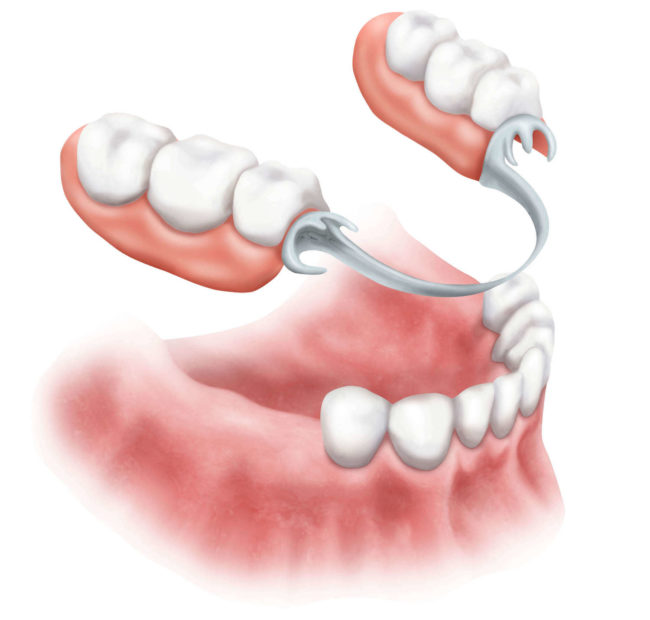
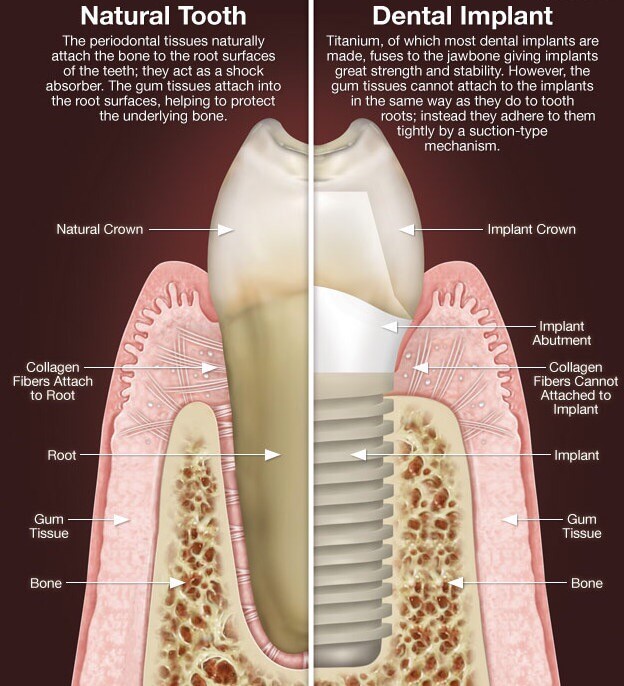
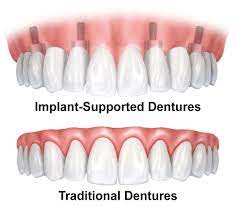

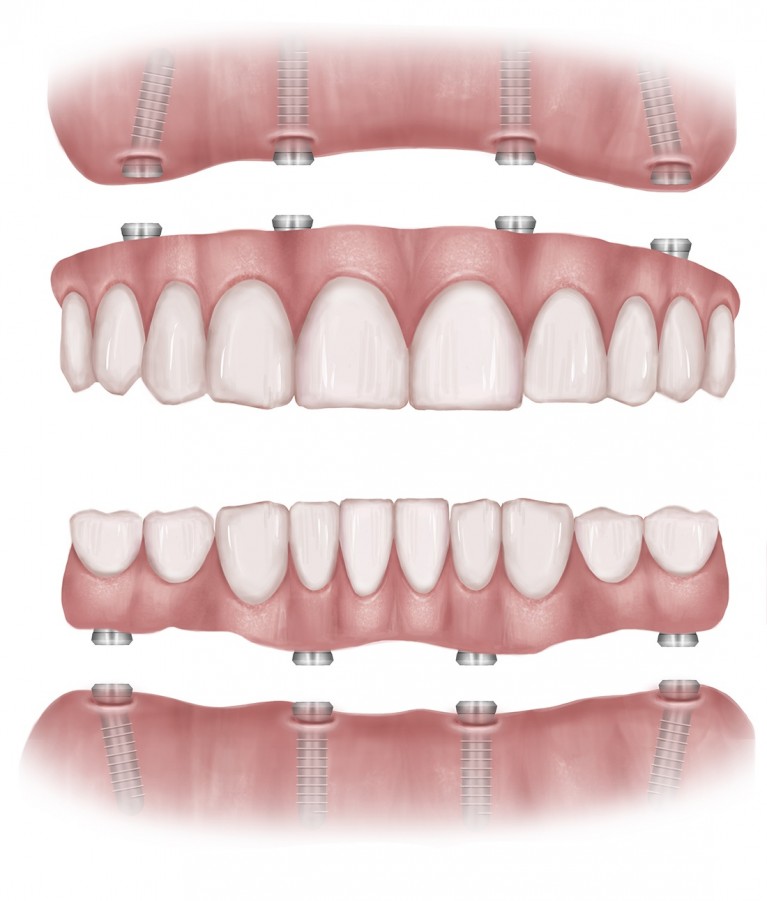
I COULDN’T GET MY LAST WISDOM TOOTH PULLED OUTAT MY DENTIST BECAUSE I FELT LIKE I WAS CHOKING DUE TO POST NASAL DRIP. I ALSO HAVE SLEEP APNEA. SHE SAID I WOULD NEED TO GO TO A DENTISTAL SURGEON AND PAY OUT OF POCKET FOR SEDATION. WOULD I QUALIFY TO GET IT DONE DUE TO MY MEDICAL ISSUES. ALSO WHAT IS THE COST?
March 5, 2024 at 3:49 pmI HAVE A GUM DISEASE AND PLACK I WANTED TO BE PUT TO SLEEP. THE SURGEON TOLD ME I WAS TOO OLD DONT KNOW IF SHE WAS JOKING BUT I HAD LOCAL, MY GUMS WERE NOT NUM ENOUGH AND I TOLD HER, SHE PULLED MY TEETH ANYWAY THE WORST DAY OF MY LIFE. WHY WAS I NOT PUT TO SLEEP
February 21, 2024 at 1:00 amGood afternoon Do you guys accept Delta Dent PPO insurance??
July 26, 2023 at 5:37 pmWhat would be my deductible for a root canal??
Do you offer IV sedation for this procedure? I don’t deal ok with this situations.
Thank you
I have PTSD from a childhood dentist. I have 2 molars broken off at the gum and one that should could come out easily. I’ll have to have IV sedation for everyone to survive this. I need a lower denture. I have no insurance. I’ll be paying out of pocket. Could you give me a ballpark estimate?
May 21, 2023 at 8:22 amI have PTSD from a childhood dentist. I have 2 molars broken off at the gum and one that should could come out easily. I need a lower denture. I have no insurance. I’ll be paying out of pocket. Could you give me a ballpark estimate?
May 21, 2023 at 8:20 amHello my name is Jade and I need some teeth removed but I would like to be put to sleep for it to be done but my dentist won’t put me to sleep for the tooth removal but I am petrified of needles so the dentist would have to put me to sleep to get the teeth that are needing removed as I will not let them go anywhere near my mouth or my teeth when I am awake, how much would I have to pay my dentist to put me to sleep for the work to be carried out
February 25, 2023 at 9:32 amWe have permanent upper and lower implants for an all in cost of approximately $50K or we have a full mouth removable program for snap on dentures for about $35K. Both include the sedation. Thanks for the inquiry.
January 8, 2023 at 2:24 pmI have serious gum disease issues. My remaining teeth and two front implants must be remove for upper and lower implants. I’m looking to be sedated. Please give me a cost analysis includes this sedation so I can put this in my bucket list.
October 1, 2022 at 8:04 pmi need all teeth pulled out eroded into infections and in gum break offs. they are horible. pls give me A BALLPARK IV SEDAION TO PUL ALL OUT AT ONE TIME. I HAVE PTSD HIGH ANXIETY NEED TO FIND MOST AFFORDABLE WAY TO OBTAIN DENTURES. PLD ADVISE DENTURES AVAILABLE IF WHITE COLORS AND COSTS.NO INSURANCE PAYING FROM CREDIT CARD.
August 29, 2022 at 6:01 pmMy wife has FRONTAL TEMPORAL DEMENTIA, I
need to have examination and clraning. I have Delta Dental.
Estimate the cost please.
October 6, 2021 at 4:50 pmI need my remaining teeth removed and complete mouth of implants, under anesthesia possibly one day process ? So pulling 14 teeth and then the implant.
July 26, 2021 at 2:28 pmI have dentures top and bottom what would the price be for dental sedation
January 3, 2021 at 12:42 am